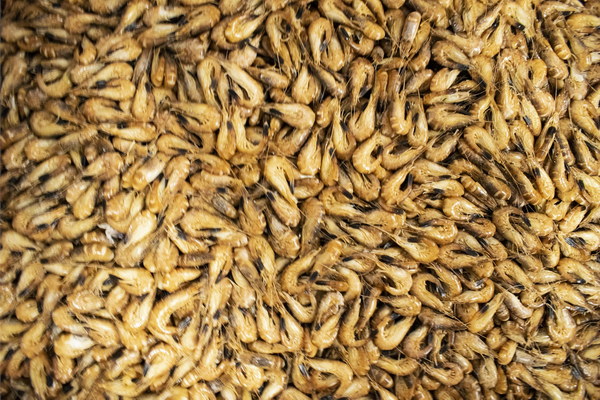Post-Menopausal Uterus Care Essential Tips for Body Maintenance
Introduction:
The transition into menopause can be a significant milestone in a woman's life, often accompanied by various physical and emotional changes. The post-menopausal uterus requires special care to maintain overall health and well-being. In this article, we will discuss essential tips for post-menopausal uterus care and how to ensure body maintenance during this transformative phase.
1. Regular Health Check-ups:
It is crucial to schedule regular health check-ups with your healthcare provider, especially after menopause. Regular screenings can help detect any potential issues with the uterus, such as fibroids, endometrial polyps, or uterine cancer. Early detection and treatment can help prevent complications and maintain a healthy uterus.
2. Maintain a Balanced Diet:
A balanced diet is essential for overall health, including the post-menopausal uterus. Incorporate a variety of fruits, vegetables, whole grains, lean proteins, and healthy fats into your daily meals. Foods rich in antioxidants, such as berries, green leafy vegetables, and nuts, can help reduce the risk of uterine cancer. Additionally, calcium and vitamin D are vital for maintaining strong bones, which can be affected by menopause.
3. Stay Active:
Regular physical activity can improve cardiovascular health, bone density, and mental well-being. Engage in moderate-intensity exercises, such as walking, swimming, or cycling, for at least 150 minutes per week. Strength training exercises can help maintain muscle mass and reduce the risk of osteoporosis, which can affect the uterus and other bones in the body.
4. Manage Weight:

Maintaining a healthy weight is crucial for post-menopausal uterus care. Excess weight can increase the risk of endometrial cancer and other health issues. Work with a healthcare provider or a registered dietitian to develop a weight management plan that suits your individual needs.
5. Sleep Well:
Adequate sleep is essential for overall health, including the post-menopausal uterus. Poor sleep quality can increase stress hormones, which may contribute to weight gain and other health issues. Aim for 7-9 hours of quality sleep per night, and establish a relaxing bedtime routine to promote better sleep.
6. Manage Stress:
Stress can have a negative impact on your overall health, including the post-menopausal uterus. Practice stress-reducing techniques, such as mindfulness, meditation, or deep-breathing exercises, to help manage stress levels. Engaging in hobbies or activities that you enjoy can also help reduce stress.
7. Avoid Smoking and Limit Alcohol:
Smoking and excessive alcohol consumption can increase the risk of uterine cancer and other health issues. Quitting smoking and limiting alcohol intake can improve your overall health and reduce the risk of complications associated with the post-menopausal uterus.
8. Stay Hydrated:
Drinking plenty of water is essential for overall health, including the post-menopausal uterus. Adequate hydration can help maintain healthy urinary function, which can reduce the risk of urinary tract infections and other complications.
Conclusion:
Caring for your post-menopausal uterus involves adopting a healthy lifestyle and maintaining regular communication with your healthcare provider. By incorporating these essential tips into your daily routine, you can ensure body maintenance and enjoy a healthier, more fulfilling life during this transformative phase.









